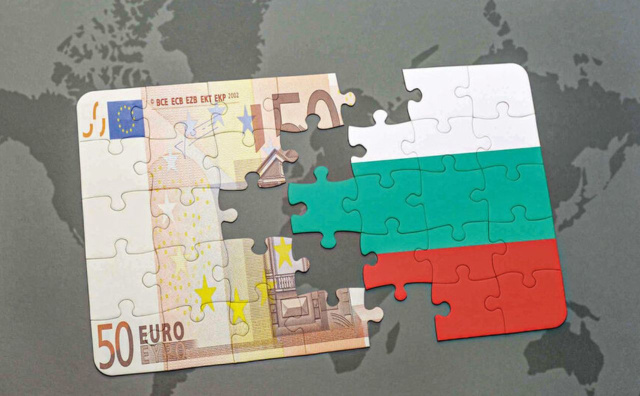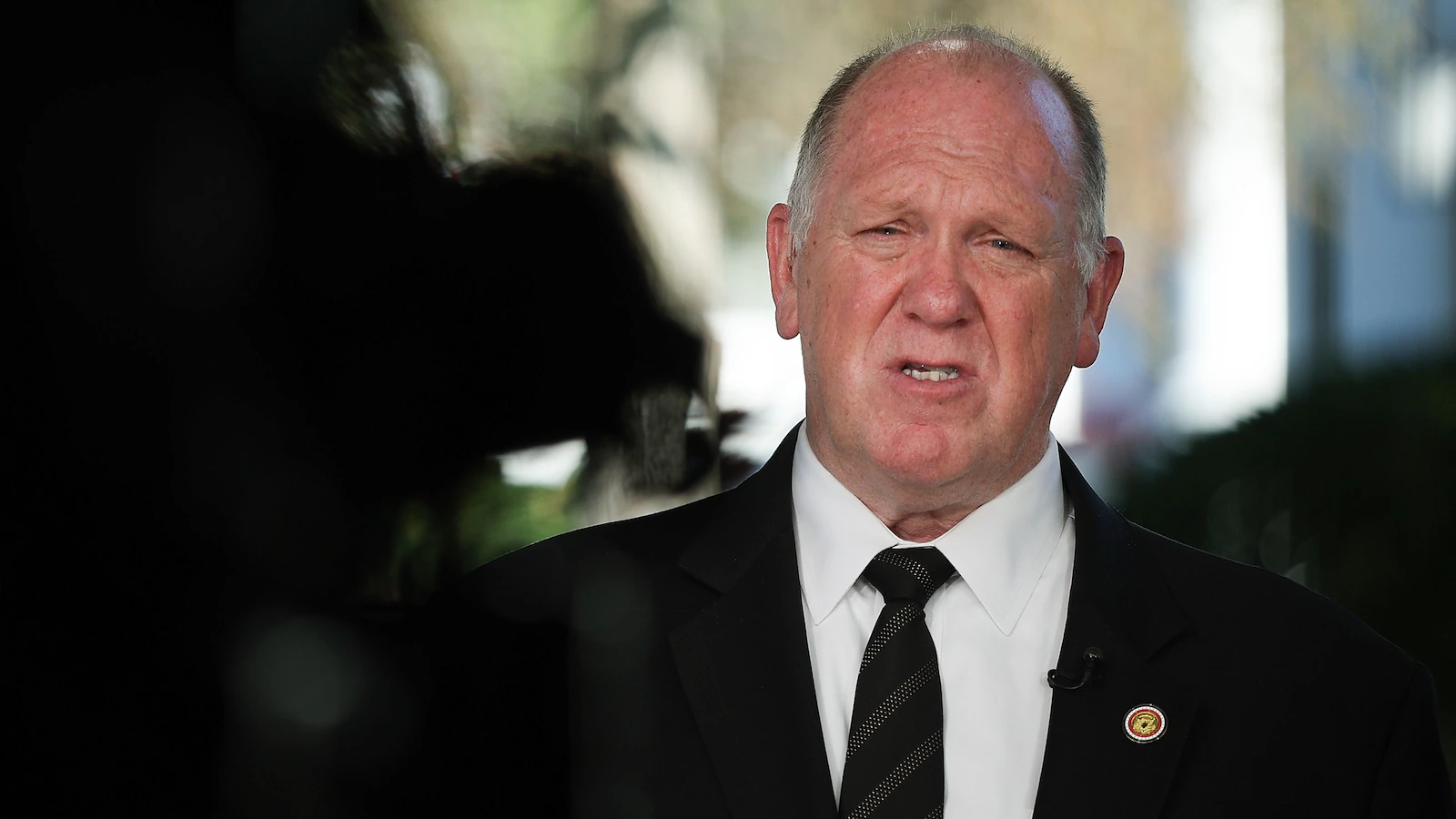
Bulgarians are closely watching the upcoming adoption of the euro on January 1, 2026, with many concerned about how the change will affect their bank deposits and employment contracts.
Assoc. Prof. Yosif Avramov, a financial consultant, trader, and university lecturer, addressed these worries in an interview with BGNES. Author of the recently published book “Bulgaria and the Euro”, Avramov seeks to dispel common myths surrounding Bulgaria’s switch to the single currency. His handbook gathers answers to pressing questions, offering practical guidance for both citizens and small- and medium-sized business owners.
According to Avramov, there is no reason for concern regarding bank accounts, as funds will automatically be converted at the fixed exchange rate. Employment contracts will not need to be rewritten, and there is no requirement for pension solutions in euros for senior citizens.
One factor behind the widespread opposition to the euro, Avramov noted, is a poorly executed information campaign. “The public campaign for Bulgaria’s euro adoption officially began on September 2. The European Central Bank and European Commission allocated 10 million euros in mid-2024, while the state budget had to contribute as well. Ideally, this campaign should have started last year,” he explained.
Another reason, Avramov said, is that Bulgarian traders appear to be repeating what their Croatian counterparts did before the euro’s introduction. In the months leading up to the transition, many retailers began raising prices in anticipation. “Official inflation stands between 2-5%, but unofficially it may reach 20-30%. These price increases are unrelated to adopting the euro; traders are simply taking precautionary measures. Oversight is weak because responsibility is spread across three or even four departments,” he added.
Avramov urged the National Revenue Agency, which employs around 8,000 people, to begin enforcing fines from October 8, particularly targeting large retail chains rather than small village shops. “Small shops serve their communities. Fining them harshly could leave residents without essentials like bread, oil, and sugar,” he said, advocating for a differentiated approach to inspections.
He expressed optimism that the information campaign will reduce the proportion of euro opponents from over 50% to below 30%. “They will not disappear entirely, but in two to three years, people will realize they won’t have to change currency when traveling to countries like Greece, Austria, or Croatia. The euro will become part of daily life,” Avramov said.
The economist stressed the importance of respectful dialogue with euro skeptics. “We should avoid insulting opponents and instead provide clear, reasoned explanations of the euro’s benefits. That is exactly what I aimed to do in my book.”
Highlighting the euro’s global role, Avramov pointed out that it is used on five continents, including France’s overseas territories in Latin America, the Pacific, and the Indian Ocean, as well as Spanish enclaves in Africa and Portuguese Atlantic islands. “Bulgaria and its citizens should take pride in joining the eurozone. This could have been achieved back in 2009-2010, but now that we have been accepted, there is no turning back. The government has survived multiple votes of no confidence, and there is no risk of it falling before the New Year. On January 1, we will all have euros in our wallets,” concluded Assoc. Prof. Yosif Avramov.
Source: BGNES interview



